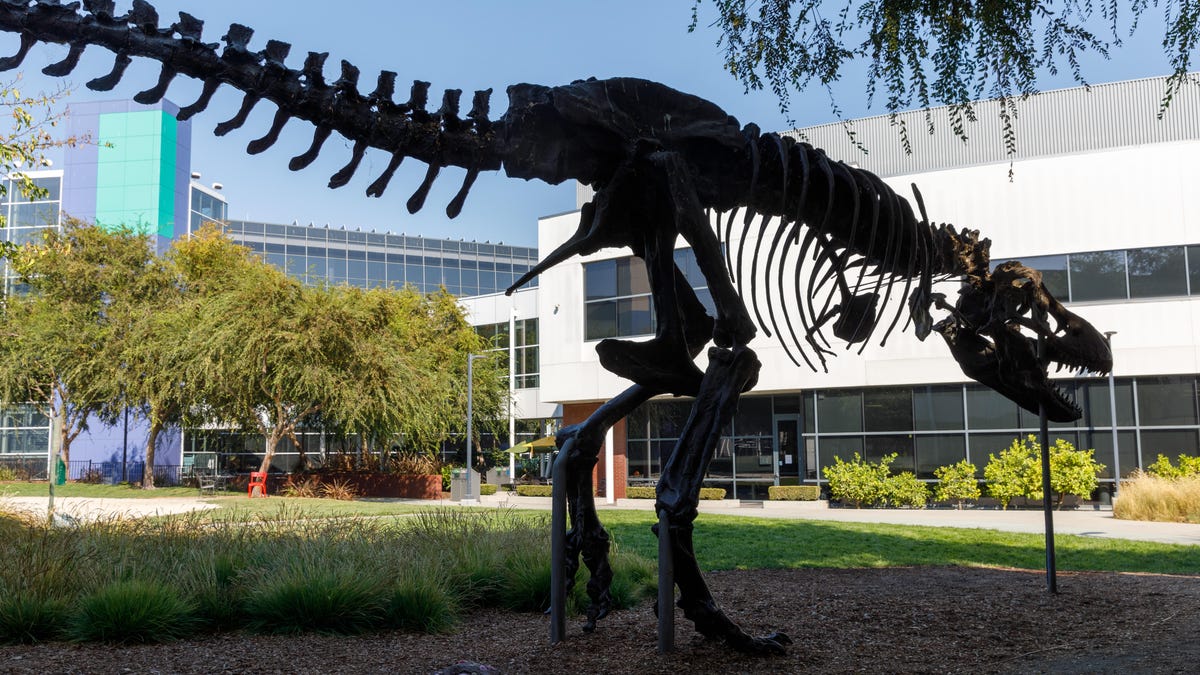Mass extinction 2 billion years ago reportedly killed 99% of life on Earth
It may have been bigger than the event that wiped out the dinosaurs.

A mass extinction event 2 billion years ago could have been bigger than the event that wiped out the dinosaurs 65 million years ago.
A mass extinction occurred around 2 billion years ago, wiping out up to 99.5% of life on Earth, scientists have reportedly said. It killed off more of Earth's biosphere than the event causing the extinction of dinosaurs 65 million years ago, according to a study published last week and reported Monday by Newsweek.
The researchers used geochemical data from rocks in subarctic Canada to track the decline in oxygen in the atmosphere. Following what they call the Great Oxidation Event (GOE), researchers say it shifted "from 'feast' to 'famine' conditions" over the next 1 billion years.
"A geologically unprecedented reduction in the size of the biosphere occurred across the end-GOE transition," they wrote.
"Over the 100 to 200 million years before this die-off event there was a large amount of life on the planet, but after this event a huge portion died off," Peter Crockford, the study's author, told Newsweek. "From our estimates, it could be anywhere between about 99.5% to 80% of life on the planet died off around 2 billion years ago."

